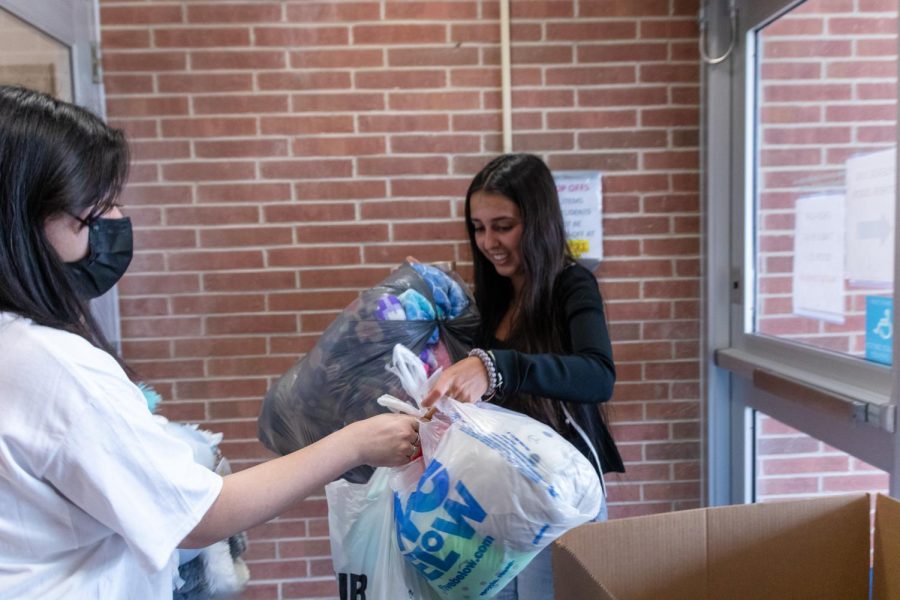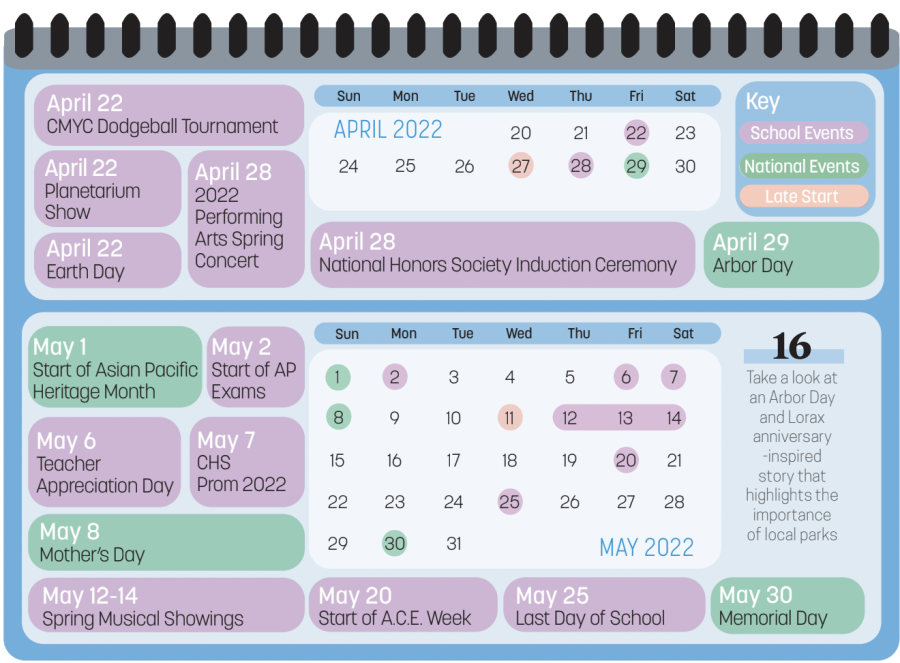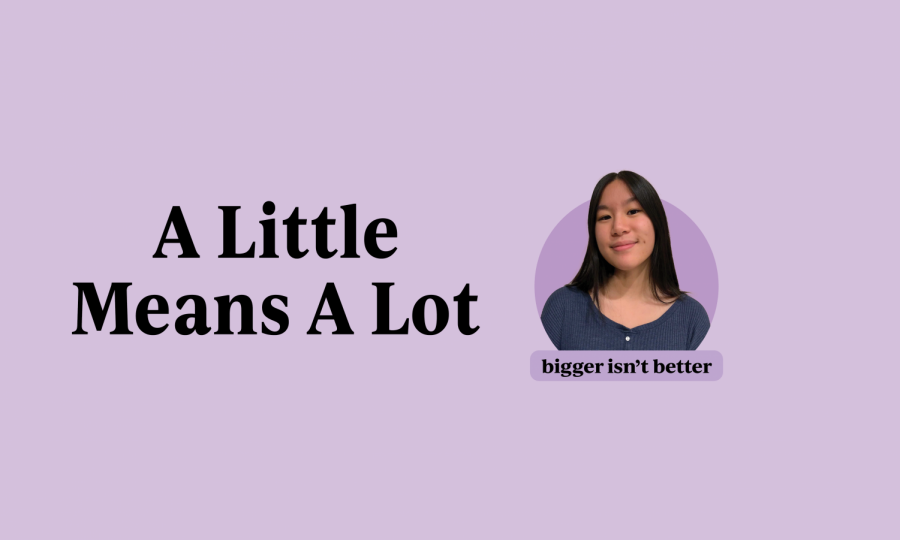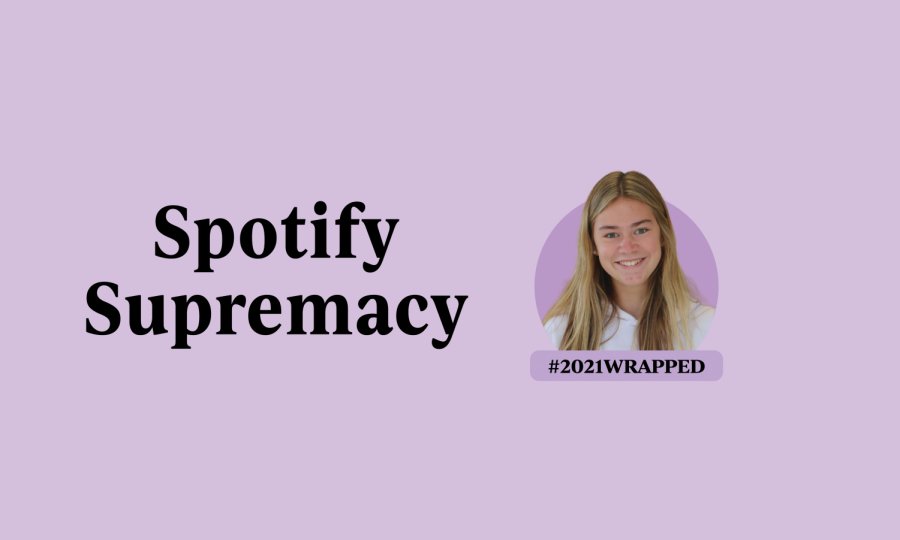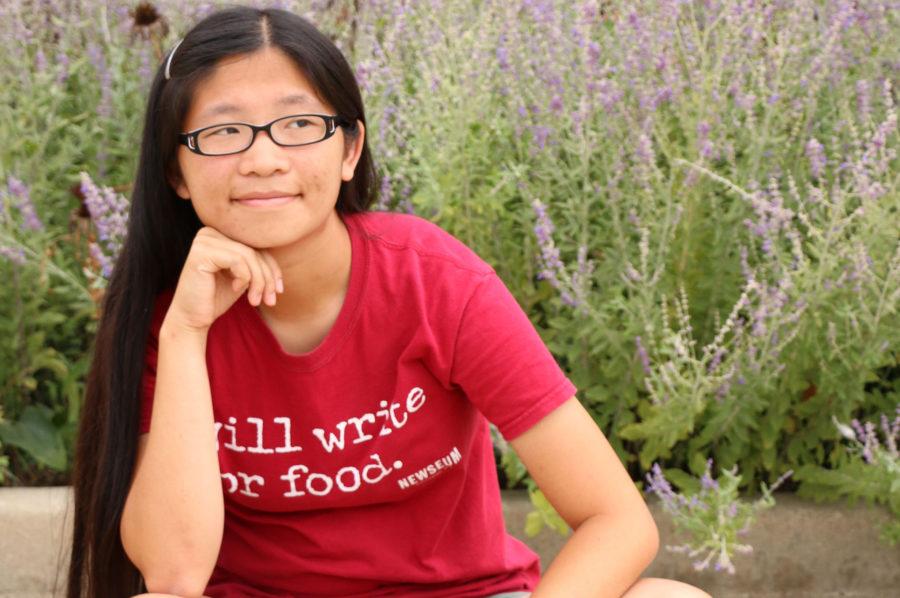 The current buzz of the news seems to focus intensively on politics. That’s actually understandable due to the upcoming election season and the TV reports on the debates that come with it. However, while this coverage is pretty important as this election will determine who will run the country, significantly affecting us, have you ever thought that new advances in science can, too?
The current buzz of the news seems to focus intensively on politics. That’s actually understandable due to the upcoming election season and the TV reports on the debates that come with it. However, while this coverage is pretty important as this election will determine who will run the country, significantly affecting us, have you ever thought that new advances in science can, too?
Many scientific issues are incredibly important. Environmental issues such as global warming, fracking and alternative energy could dramatically change living conditions on earth within our generation. Whether or not governments should require vaccines has been causing controversy for a while, even though mandating vaccines could potentially help people deal with disease more effectively. Advances in biotechnology not only entail increased consumption of genetically modified food but also the future possibility of genetically “designing” children. These topics will affect us all within the span of our own generation, maybe more so than a handful of people sitting in offices all day.
But when political and scientific views conflict, how will you decide on which side to stand? When you make any decision, you probably want to know as much information as possible before making your call.
According to Pew Research, there are massive opinion gaps between the public and scientists on several important scientific issues. For example, according to one study, 37 percent of U.S. adults think it is safe to eat genetically modified foods while 88 percent of scientists connected to the American Association for the Advancement of Science (AAAS) think this; that’s a significant 51 percent difference. Also, while 50 percent of adults think human activity is a major cause of climate change, 87 percent of AAAS scientists think this; that’s a 37 percent difference. Both of these gaps are huge, and 84 percent of AAAS scientists think the evident knowledge gap between the public and the scientists is a major problem.
That’s where news comes in.
As journalists, regardless of what we write about, we seek, gather and verify as much information as possible and inform readers about all that we’ve found. That’s our and all other journalists’ duty to you, the public, regardless of whether it’s from us or from the New York Times. We, the journalists, can fill that gap between the public and scientists. We can do it by informing you of all we find as we investigate. Even if coverage differs from publication to publication, these differences can only provide you with even more information, particularly for different sides of the same issues.
Now what can you do? Pay more attention to science news. We’ll do our job in the best way we can to provide you with all the information you need to better understand what you could be dealing with in the future, but it’s up to you to decide whether to listen so you can make more informed decisions about science-related issues that affect you.
The views in this column do not necessarily reflect the views of the HiLite staff. Reach Sarah Liu at [email protected].



















![Joseph Broman, Mu Alpha Theta sponsor, grades tests for his honors precalculus/trigonometry class. Broman said, “I’m retiring from the Math Club next year and I’m just going to do Mu Alpha Theta so I can focus on that one and we can do more [speaker series] first semester.”](https://hilite.org/wp-content/uploads/2024/03/IMG_9502-1200x900.jpg)











![British royalty are American celebrities [opinion]](https://hilite.org/wp-content/uploads/2024/03/Screenshot-2024-03-24-1.44.57-PM.png)




















![Review: “The Iron Claw” cannot get enough praise [MUSE]](https://hilite.org/wp-content/uploads/2024/04/unnamed.png)
![Review: “The Bear” sets an unbelievably high bar for future comedy shows [MUSE]](https://hilite.org/wp-content/uploads/2024/03/unnamed.png)
![Review: “Mysterious Lotus Casebook” is an amazing historical Chinese drama [MUSE]](https://hilite.org/wp-content/uploads/2024/03/0.webp)
![Thea Bendaly on her Instagram-run crochet shop [Biz Buzz]](https://hilite.org/wp-content/uploads/2024/03/IMG_0165-1200x838.jpg)
![Review: Sally Rooney’s “Normal People,” is the best book to read when you are in a time of change [MUSE]](https://hilite.org/wp-content/uploads/2024/03/20047217-low_res-normal-people.webp)
![Review in Print: Maripaz Villar brings a delightfully unique style to the world of WEBTOON [MUSE]](https://hilite.org/wp-content/uploads/2023/12/maripazcover-1200x960.jpg)
![Review: “The Sword of Kaigen” is a masterpiece [MUSE]](https://hilite.org/wp-content/uploads/2023/11/Screenshot-2023-11-26-201051.png)
![Review: Gateron Oil Kings, great linear switches, okay price [MUSE]](https://hilite.org/wp-content/uploads/2023/11/Screenshot-2023-11-26-200553.png)
![Review: “A Haunting in Venice” is a significant improvement from other Agatha Christie adaptations [MUSE]](https://hilite.org/wp-content/uploads/2023/11/e7ee2938a6d422669771bce6d8088521.jpg)
![Review: A Thanksgiving story from elementary school, still just as interesting [MUSE]](https://hilite.org/wp-content/uploads/2023/11/Screenshot-2023-11-26-195514-987x1200.png)
![Review: When I Fly Towards You, cute, uplifting youth drama [MUSE]](https://hilite.org/wp-content/uploads/2023/09/When-I-Fly-Towards-You-Chinese-drama.png)
![Postcards from Muse: Hawaii Travel Diary [MUSE]](https://hilite.org/wp-content/uploads/2023/09/My-project-1-1200x1200.jpg)
![Review: Ladybug & Cat Noir: The Movie, departure from original show [MUSE]](https://hilite.org/wp-content/uploads/2023/09/Ladybug__Cat_Noir_-_The_Movie_poster.jpg)
![Review in Print: Hidden Love is the cute, uplifting drama everyone needs [MUSE]](https://hilite.org/wp-content/uploads/2023/09/hiddenlovecover-e1693597208225-1030x1200.png)
![Review in Print: Heartstopper is the heartwarming queer romance we all need [MUSE]](https://hilite.org/wp-content/uploads/2023/08/museheartstoppercover-1200x654.png)























![Review: Ladybug & Cat Noir: The Movie, departure from original show [MUSE]](https://hilite.org/wp-content/uploads/2023/09/Ladybug__Cat_Noir_-_The_Movie_poster-221x300.jpg)

![Review: Next in Fashion season two survives changes, becomes a valuable pop culture artifact [MUSE]](https://hilite.org/wp-content/uploads/2023/03/Screen-Shot-2023-03-09-at-11.05.05-AM-300x214.png)
![Review: Is The Stormlight Archive worth it? [MUSE]](https://hilite.org/wp-content/uploads/2023/10/unnamed-1-184x300.png)


